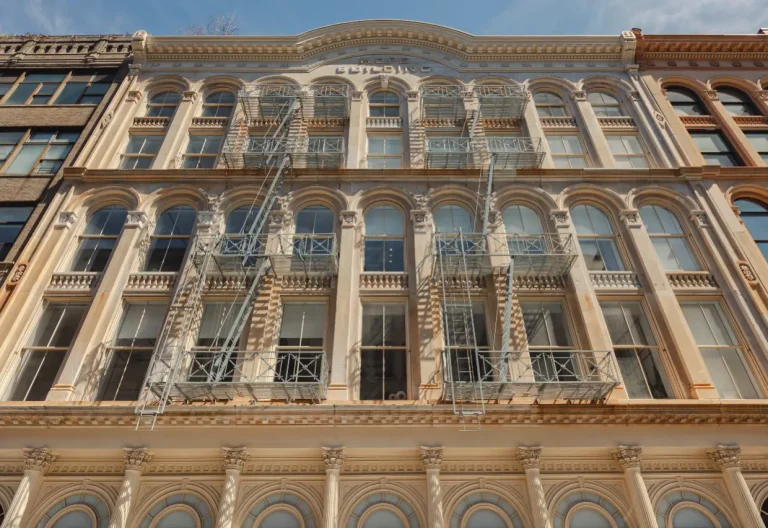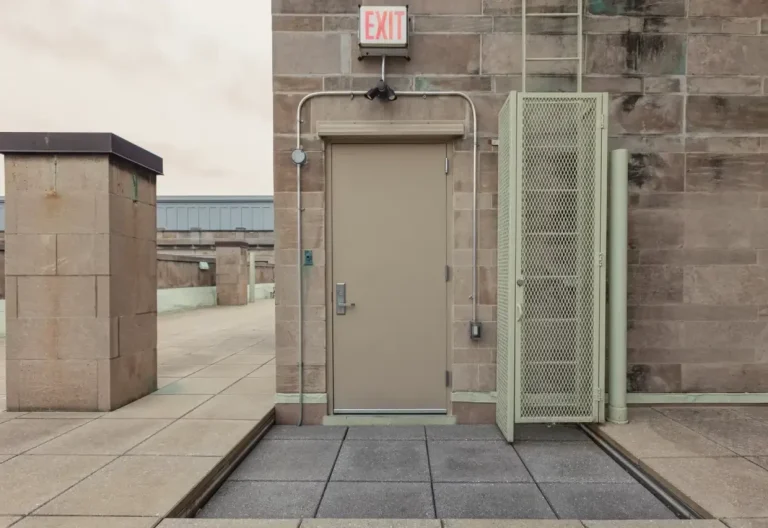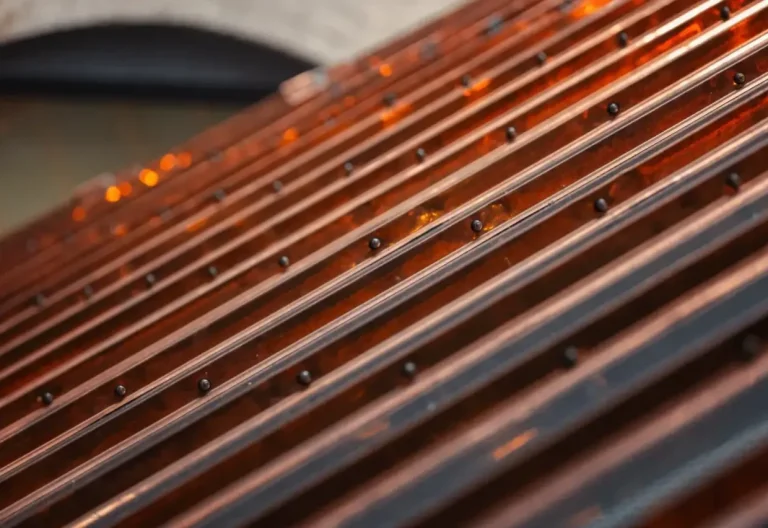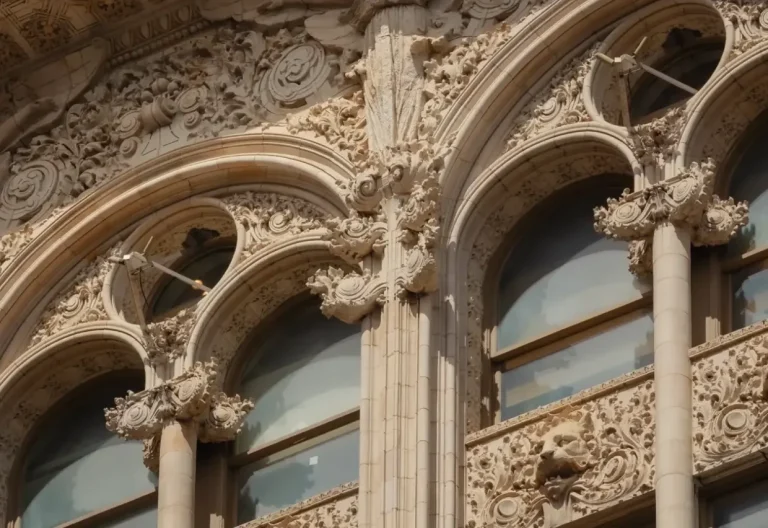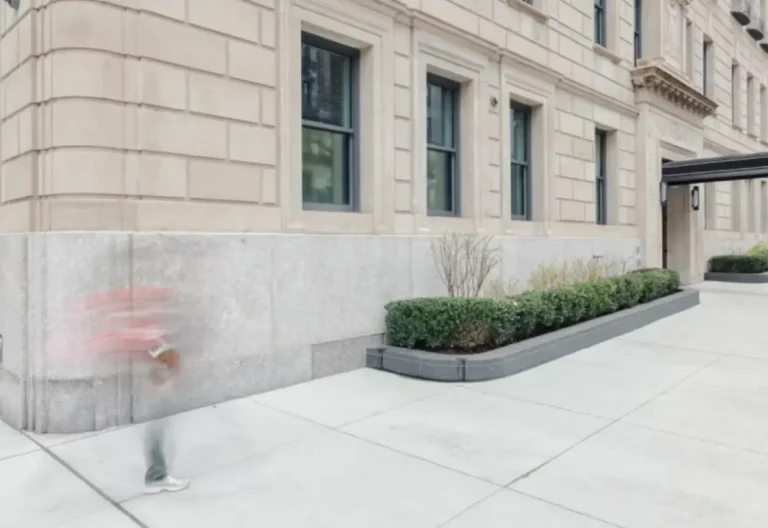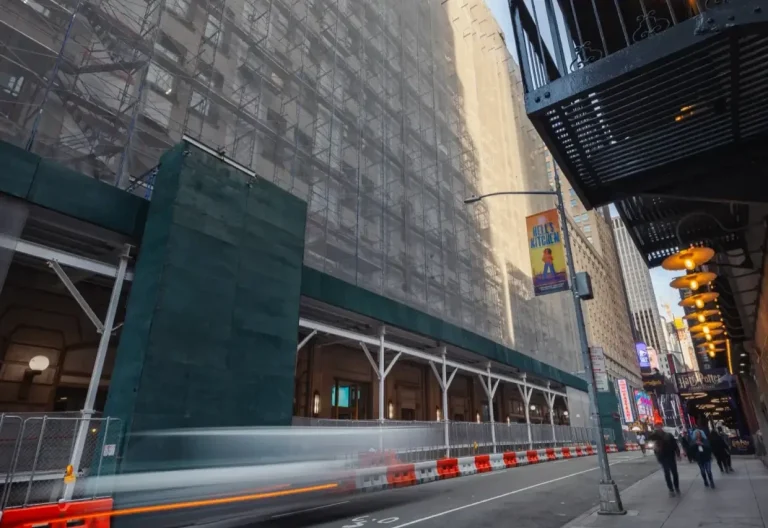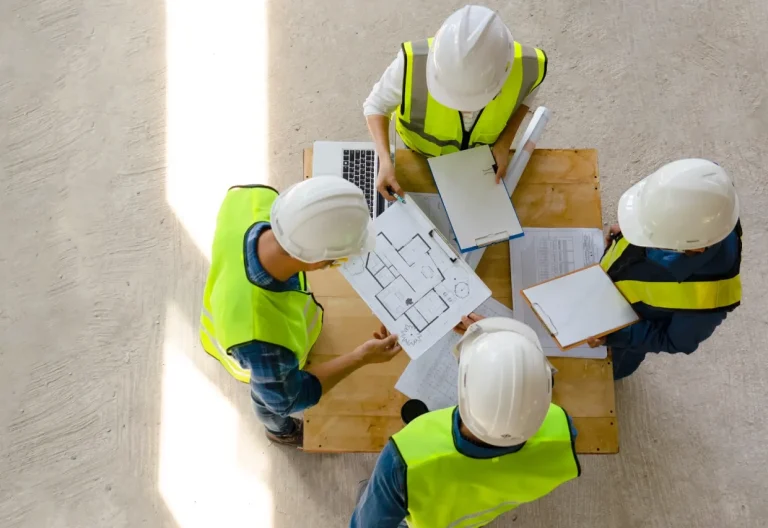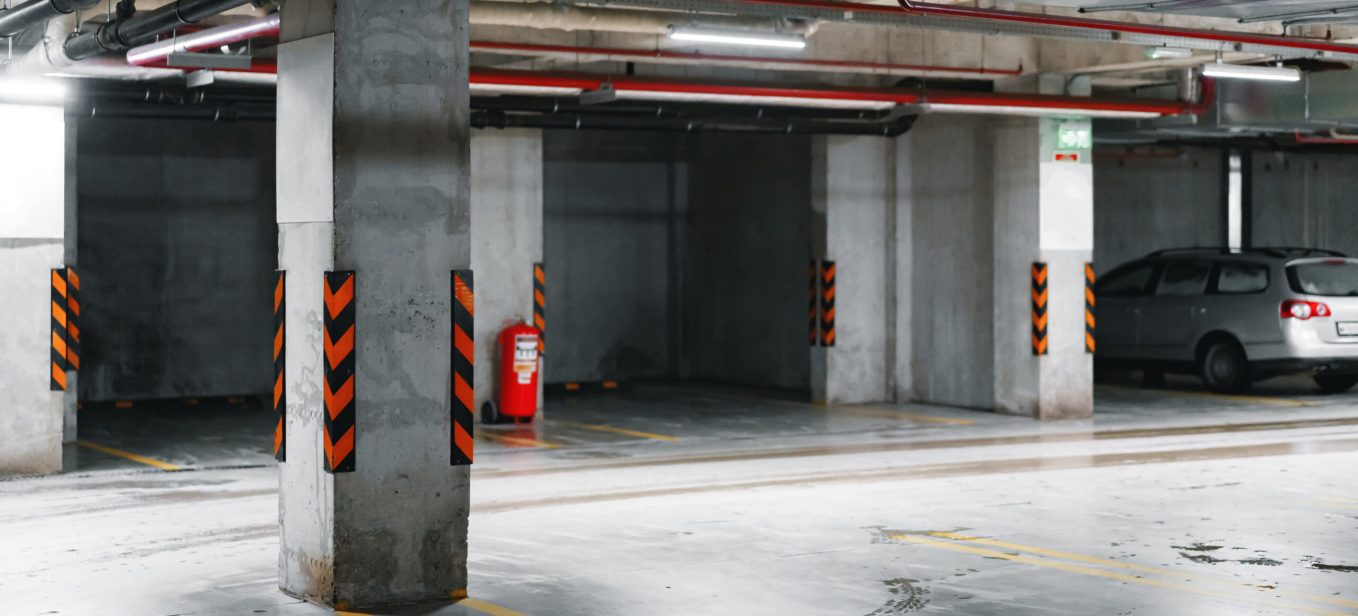
Local Law 126: Key Info for Parking Garage Owners
- By: Nova Construction Team
- Published:
- Updated: December 2, 2025
Owning a parking garage in New York City comes with many responsibilities. One of the most important is understanding and complying with Local Law 126.
Local Law 126 outlines specific requirements for parking garage inspections and maintenance. By following these guidelines, you can ensure that your facility remains safe for both vehicles and pedestrians.
Compliance isn’t just about safety; it also helps you avoid hefty penalties that can arise from failing to meet the law’s standards.
In this guide, we will walk you through the essential aspects of Local Law 126. You will learn about the key requirements and the steps you need to take to ensure your parking garage complies.
What Is Local Law 126?
Local Law 126, enacted in 2021, mandates periodic inspections of parking structures in New York City. This legislation aims to enhance public safety by identifying and addressing potential structural issues before they become hazardous.
The law establishes a framework for inspection cycles, reporting requirements, and classification of parking structure conditions. It’s part of NYC’s broader initiative to ensure the integrity of its built environment, similar to the Facade Inspection Safety Program (FISP) for building exteriors.
Local Law 126 places the responsibility on garage owners to maintain their structures and provide documentation of their condition.
Who Needs to Comply?
Local Law 126 applies to most parking structures in New York City, including:
- buildings or portions of buildings used for parking or storing motor vehicles
- open and enclosed parking garages as defined in the NYC Building Code
- underground parking areas
Exemptions include:
- automotive repair shops, showrooms, and service stations
- garages with fewer than three cars
- unenclosed, unattached outdoor parking lots
- private garages serving one- and two-family homes
Key Deadlines and Inspection Cycles
Compliance with Local Law 126 is organized into six-year cycles, further divided into three sub-cycles based on borough and community district:
- Sub-cycle A (January 1, 2022 – December 31, 2023): Manhattan Community Districts 1-7.
- Sub-cycle B (January 1, 2024 – December 31, 2025): Manhattan Community Districts 8-12 and all Brooklyn Community Districts.
- Sub-cycle C (January 1, 2026 – December 31, 2027): All Bronx, Queens, and Staten Island Community Districts.
For newly constructed buildings, the initial compliance report must be filed six years from the date of the first Temporary Certificate of Occupancy (TCO), Interim Certificate of Occupancy (ICO), or Certificate of Occupancy (CO). If this falls outside the property’s sub-cycle filing window, the report must be filed within the next applicable sub-cycle.
Inspection Process Overview
The inspection process under Local Law 126 involves several key steps:
- Hiring a Qualified Parking Structure Inspector (QPSI): Owners must engage a New York State licensed professional engineer certified by the Department of Buildings (DOB) as a QPSI.
- Document review: The QPSI reviews available structural designs, repair drawings, previous reports, and violation records.
- Visual inspection: The QPSI conducts a thorough visual examination of all visible surfaces of the parking structure.
- Physical examination: At least 10% of each structural element type (e.g., beams, columns, slabs) must undergo physical examination, focusing on areas with observed deterioration.
- Condition assessment: The QPSI designs an assessment program based on the structure’s construction type, age, environmental conditions, and maintenance history.
- Report preparation: A comprehensive report detailing the findings, including photos and recommendations, is prepared.
- Classification: The structure is classified as Safe, SREM (Safe with Repair and/or Engineering Monitoring), or Unsafe.
- Report filing: The QPSI files the report with the DOB within 60 days of the final inspection.
- Annual observation checklist: The QPSI creates a checklist for annual inspections to be conducted between filing cycles.
Classifications: Safe, SREM, and Unsafe
After inspection, your parking structure will receive one of three classifications:
- Safe: No repair work is needed, and the structure is deemed safe until the next inspection cycle.
- SREM (Safe with Repair or Engineering Monitoring): Minor damage is present, but the structure is currently safe. However, repairs must be made within a specified timeframe to prevent deterioration to an unsafe condition. A follow-up inspection and report are required within three years.
- Unsafe: Severe damage poses an immediate hazard. Owners must take immediate action to protect public safety, such as cordoning off dangerous areas or installing protective measures. Repairs must be completed within 90 days of filing the report unless an extension is granted.
To learn more about how these classifications impact your property and the steps you need to take for each, check out our article “How Local Law 126 Improves Parking Garage Safety.”
Penalties for Non-Compliance
Failing to comply with Local Law 126 can result in significant penalties:
- late filing: $1,000 per month
- failure to file: $5,000 per year
- failure to correct Unsafe conditions: $1,000 per month
- failure to correct SREM conditions: $2,000 (one-time penalty)
Additionally, there are filing fees associated with the inspection process:
- initial report: $305
- amended/subsequent report: $85
- extension request: $65
How Nova Construction Services Can Help
Ensure your parking structure’s compliance with Local Law 126. Nova Construction Services offers expert QPSI inspections and comprehensive repair solutions to keep your property safe and violation-free.
For a detailed breakdown of the inspection process and what to expect, read our article “Inspection Requirements for Parking Under Local Law 126.”
Got a project in mind? Let's chat about bringing your construction vision to life!
FAQ
What is Local Law 126 and how does it affect owners of parking structures?
Local Law 126 requires owners of parking structures in New York City to have periodic inspections performed every six years to ensure safety and compliance with the NYC construction codes.
What is the role of the NYC DOB in relation to Local Law 126?
The NYC Department of Buildings (DOB) oversees the enforcement of Local Law 126, requiring parking structure owners to file condition assessment reports and ensure that inspections are performed as mandated by the NYC administrative code.
What is a condition assessment report and when must it be filed?
A condition assessment report is a document that details the findings from the periodic inspections of a parking structure. It must be filed with the NYC DOB following the inspection, as required by 1 RCNY §103-13.

